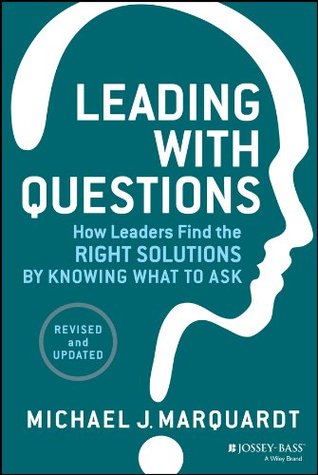Other types of open-ended questions have a wide variety of uses. Specific types of open-ended questions include the following: Explorative questions open up new avenues and insights and lead to new explorations: Have you explored or thought of . . . ? Would such a source help . . . ? Affective questions invite members to share feelings about an issue: How do you feel about leaving this job? Reflective questions encourage more exploration and elaboration: You said there are difficulties with your manager; what do you think causes these difficulties? Probing questions invite the person or group
Other types of open-ended questions have a wide variety of uses. Specific types of open-ended questions include the following: Explorative questions open up new avenues and insights and lead to new explorations: Have you explored or thought of . . . ? Would such a source help . . . ? Affective questions invite members to share feelings about an issue: How do you feel about leaving this job? Reflective questions encourage more exploration and elaboration: You said there are difficulties with your manager; what do you think causes these difficulties? Probing questions invite the person or group to go more deeply into a particular issue, to examine thoroughly or to question closely. This is useful not only for getting more information, but also for getting people to be more open and expansive in their thinking; words such as describe, explain, clarify, elaborate, or expand get into more depth or breadth on a topic. For example: Can you elaborate on why this is happening? Fresh questions challenge basic assumptions: Why must it be that way? What do you always . . . ? Has this ever been tried? Questions that create connections establish a systems perspective: What are the consequences of these actions? Analytical questions examine causes and not just symptoms: Why has this happened? Clarifying questions help free us from ambiguity, but such questions are sometimes difficult to ask. When we hear a question, we tend to think we should know what the other person means, and that it...
...more
This highlight has been truncated due to consecutive passage length restrictions.


